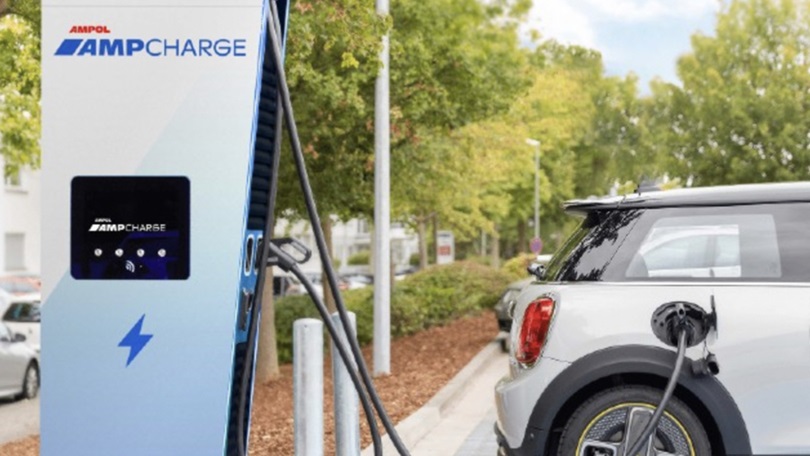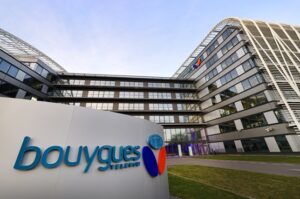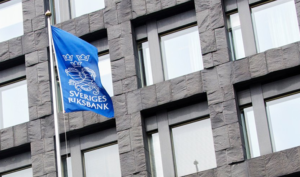Ampol’s big dreams of electrifying Australia’s highways seem to be running out of juice, with the fuel supplier lagging behind on its ambitious plan to install 300 electric vehicle charging bays across the country. While the company initially envisioned a swift expansion of its EV infrastructure, reality has hit hard. The grid, already struggling with the surge of renewable energy projects, hasn’t been too accommodating. Ampol’s chief, Matt Halliday, recently confessed that the rollout has been “slower than we expected,” with only 92 charging bays at 41 locations currently live. The goalposts keep moving, but this time it’s not just about ambition—it’s about grid access and the slower-than-anticipated shift to electric vehicles among Aussie motorists.
It’s a classic case of biting off more than you can chew. Ampol’s struggle to secure enough connections to the electricity grid has become a significant bottleneck. Despite starting the year with 82 operational bays, they’ve only managed to add 10 more. And with 36 more bays waiting for power, the company’s plan to blanket Australia with charging stations is looking increasingly like a slow crawl rather than the sprint they had hoped for. The congested grid, tasked with juggling renewable energy and rising demand, isn’t making things any easier. Halliday candidly pointed out that the transition from petrol to electric cars in Australia isn’t exactly setting any speed records either.
The electric vehicle revolution in Australia, after years of sluggish growth, has finally reached 8 per cent of the new car market, but it’s a hesitant march forward. Economic jitters, inflation, and cost-of-living pressures are giving potential EV buyers second thoughts, leading to a slowdown in sales. Ampol’s determination to press on with its charging network rollout might be commendable, but the reality on the ground paints a more challenging picture. Halliday remains optimistic, vowing to “ramp up” efforts in the latter half of the year, but one can’t help but wonder if this is more hope than strategy.
(Source: AFR | Sky News Australia | Drive)









